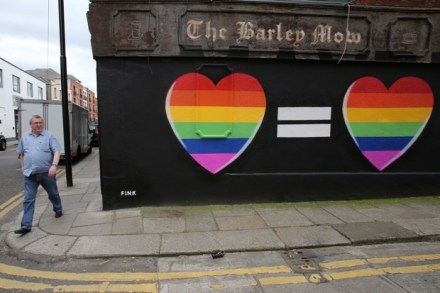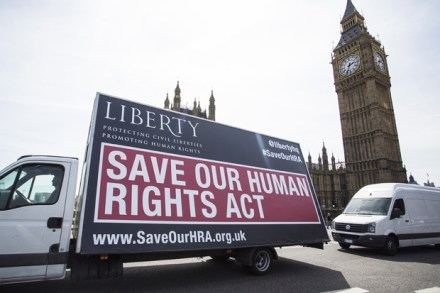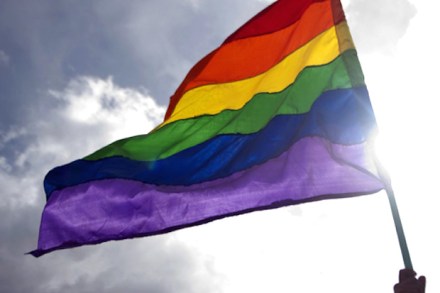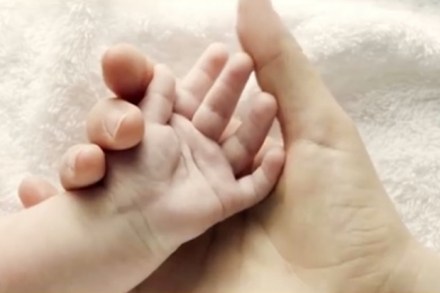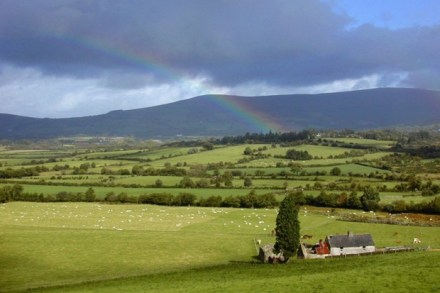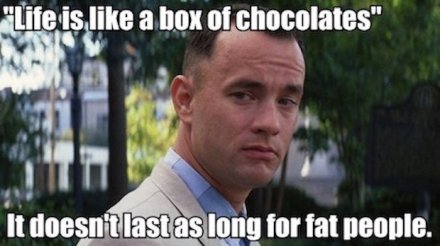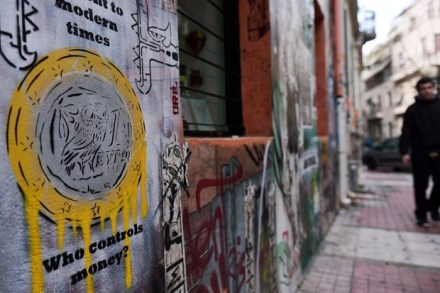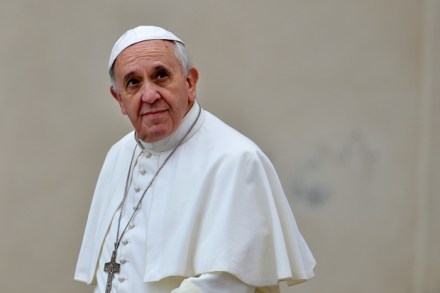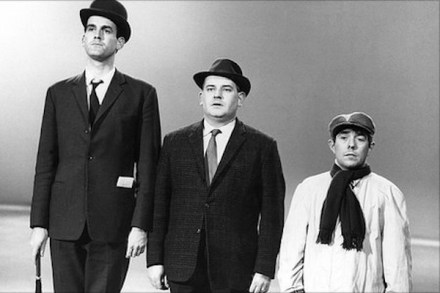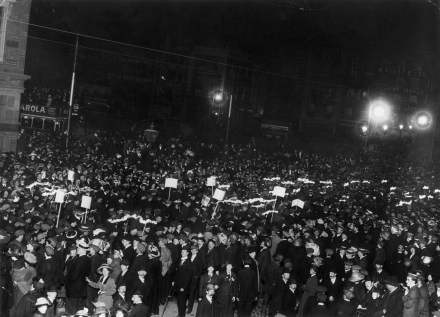Is gay marriage just a fad?
Now that Ireland has voted Yes to same-sex marriage, it will be widely believed that this trend is unstoppable and those who oppose it will end up looking like people who supported the slave trade. It is possible. But in fact history has many examples of admired ideas which look like the future for a bit and then run out of steam — high-rise housing, nationalisation, asbestos, Esperanto, communism. The obsession with gay rights and identity, and especially with homosexual marriage, seems to be characteristic of societies with low birth rates and declining global importance. Rising societies with growing populations see marriage as the key to the future of humanity, so
